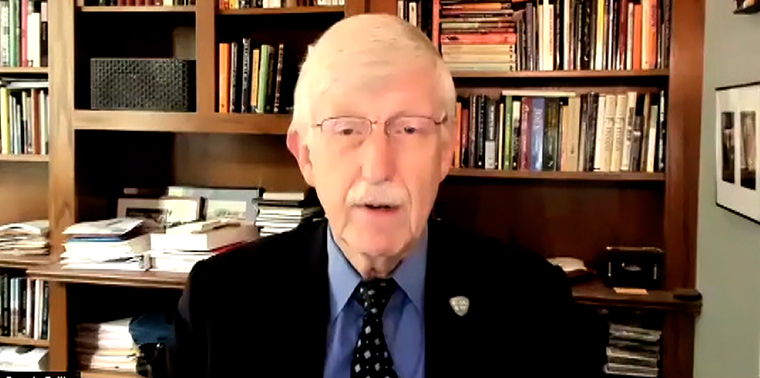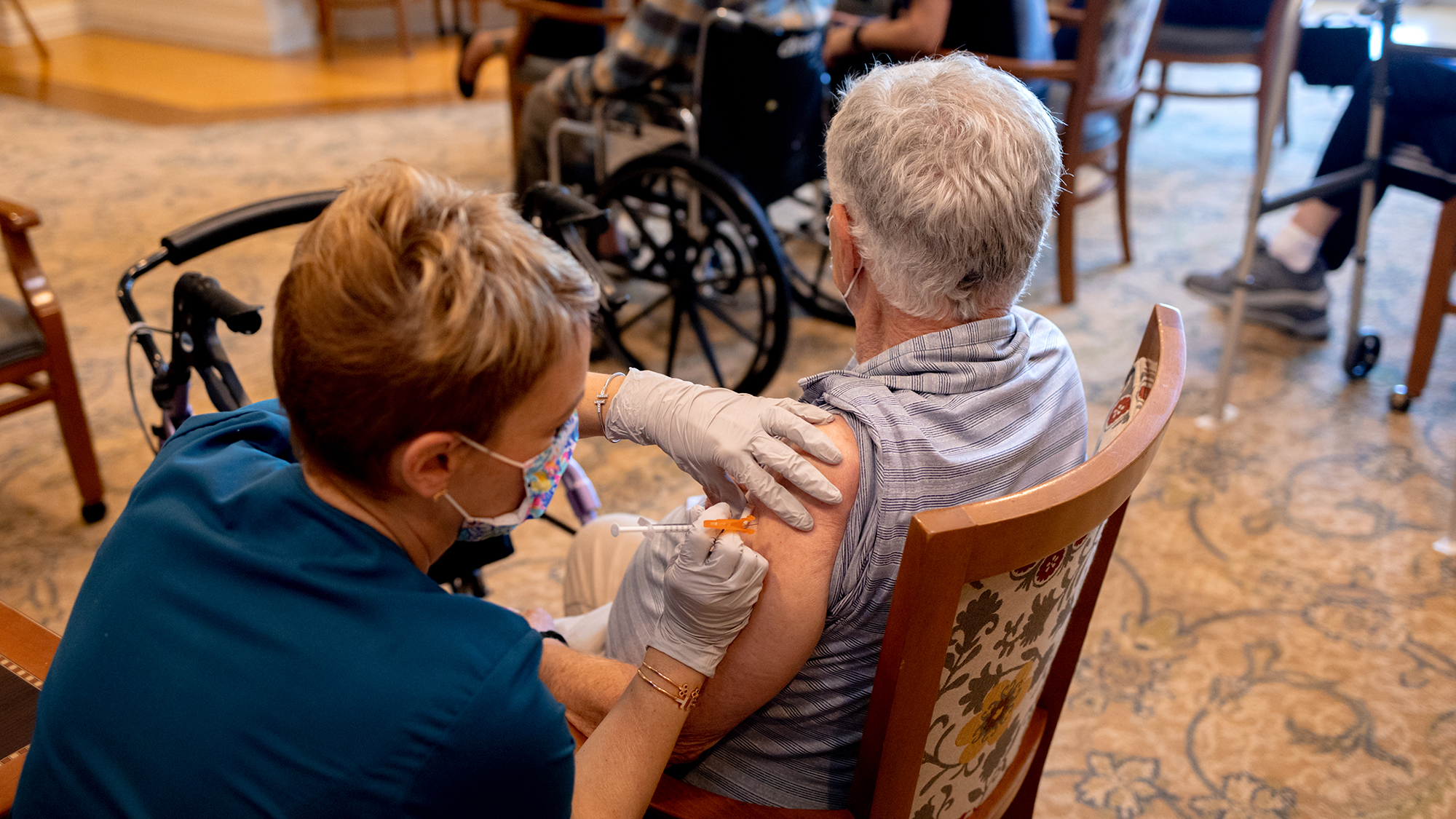While vaccines in children aged 5 to 11 may become available by the end of October, vaccination schedules mean children in this age group won’t be fully vaccinated until December, National Institutes of Health Director Dr. Francis Collins said Thursday.
In a discussion hosted by Bloomberg Philanthropies, Collins said data from Pfizer on its vaccine in this age group is “supposedly coming to FDA in the next week or so.”
“FDA has announced that they're going to do 24/7, going through it, and do everything they can to make a decision about approval maybe as soon as Halloween,” Collins said. “Keep in mind, of course, that doesn't mean those kids go and get a shot and then there's no risk. You’ve got to go through two shots, three weeks apart, and then another two weeks after that. So if you got immunized on Halloween and you're, you know, nine years old, it's still going to be December by the time you have that full protection.”
Collins said this time frame means that other Covid-19 mitigation measures will still be important for preventing spread in schools through the fall.
“Realistically, in schools for the fall semester, we're going to have to depend on other means of mitigation. Which means the best thing you can do for those kids is actually be sure they're hanging out with other people who are immunized,” he said, naming parents, older siblings, and teachers.
Collins added: “And as unpopular as it is, wearing masks in schools, indoors, is clearly going to reduce the likelihood of outbreaks which will drive those kids back home again just when we're trying to keep them in school where they can have the benefits of that kind of learning experience.”




